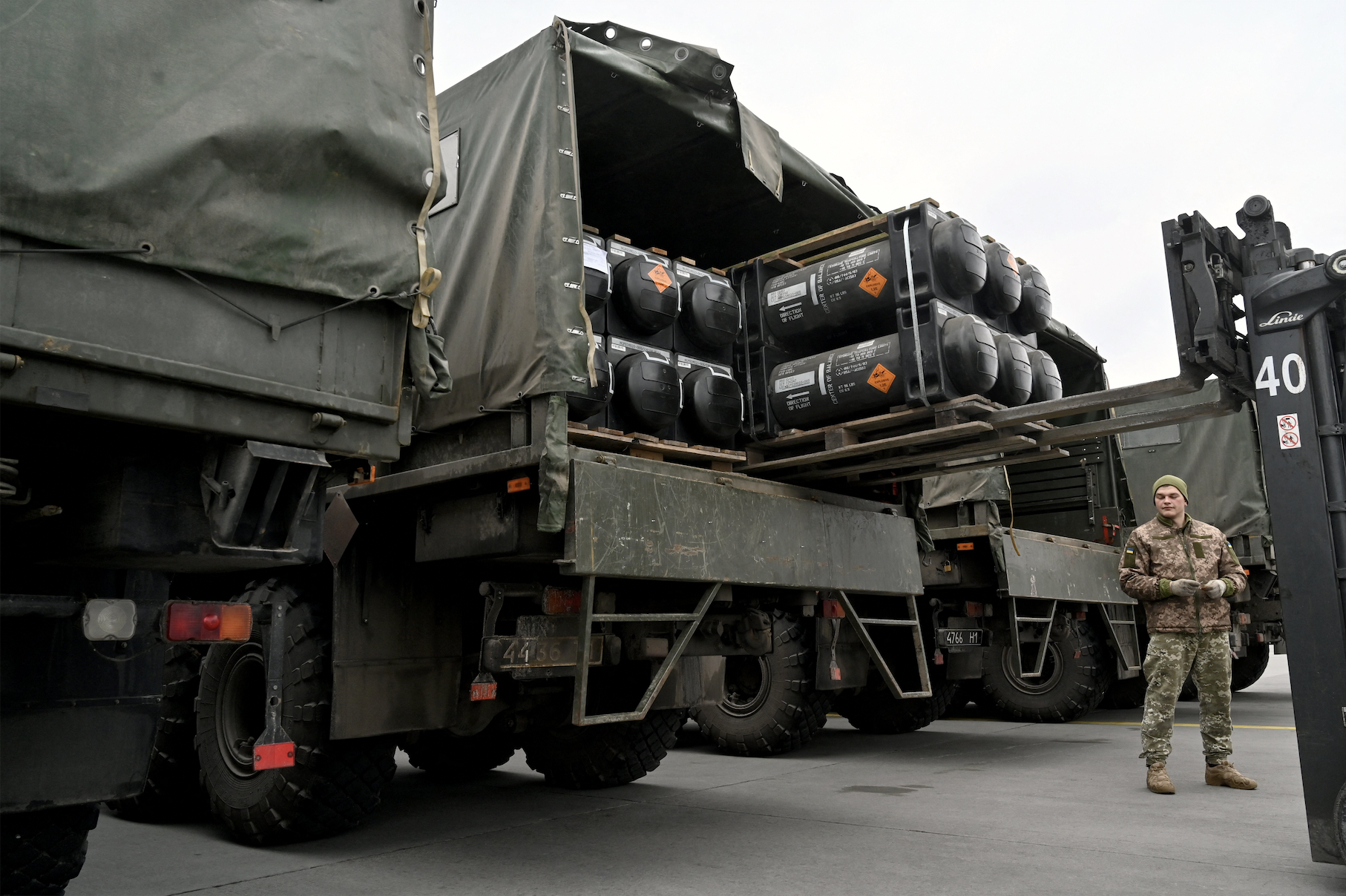There can no longer be much doubt that the West is fighting a proxy war with Russia. The goal is not simply to defend Ukraine’s territory and safeguard its sovereignty, but to “see Russia weakened” – in the words of U.S. defence secretary Lloyd Austin (a former board member of Raytheon Technologies).
In a previous post, I reported what the former Supreme Allied Commander of NATO said in a recent interview with the New York Times: “I think we are in a proxy war with Russia. We are using the Ukrainians as our proxy forces”. Since then, several U.S. politicians have confirmed this is a proxy war.
On 2nd May, Democratic Congressman Jason Crow tweeted: “The United States is not interested in stalemates. We are not interested in going back to the status quo. The United States is in this to win it and we will stand with Ukraine until victory is won.”
Speaking to Fox News on May 6th, Democratic Congressman Seth Moulton explained: “At the end of the day, we’ve got to realise we’re at war. And we’re not just at war to support Ukraine. We’re fundamentally at war – although somewhat through a proxy – with Russia. And it’s important that we win.”
Then on May 11th, Republican Congressman Dan Crenshaw tweeted, in defence of his decision to approve the latest $40 billion aid package: “Yeah, because investing in the destruction of our adversary’s military, without losing a single American troop, strikes me as a good idea. You should feel the same.”
This has very serious implications. If the West’s aim is to “see Russia weakened”, that means prolonging the war, rather than finding a diplomatic solution as soon as possible. It means more lives lost, more buildings reduced to rubble, and more chances for accidents or missteps that lead to nuclear escalation.
Even the ‘mainstream’ media is waking up. Yesterday, the New York Times ran a piece arguing that “the United States and its allies have greatly increased the danger of an even larger conflict”. The author observing, “Indefinite protraction of the war, as in Syria, is too dangerous with nuclear-armed participants.”
And the Washington Post ran a similar piece. Noting the West’s approach “may carry extraordinary, underappreciated risk”, the authors warn that “Putin could turn to unconventional weapons, including low-yield nuclear weapons, to stave off defeat”.
The fact that influential newspapers like the New York Times and the Washington Post are airing scepticism about the West’s increasingly reckless approach is, of course, welcome. But is it too late to avoid a protracted war?











To join in with the discussion please make a donation to The Daily Sceptic.
Profanity and abuse will be removed and may lead to a permanent ban.